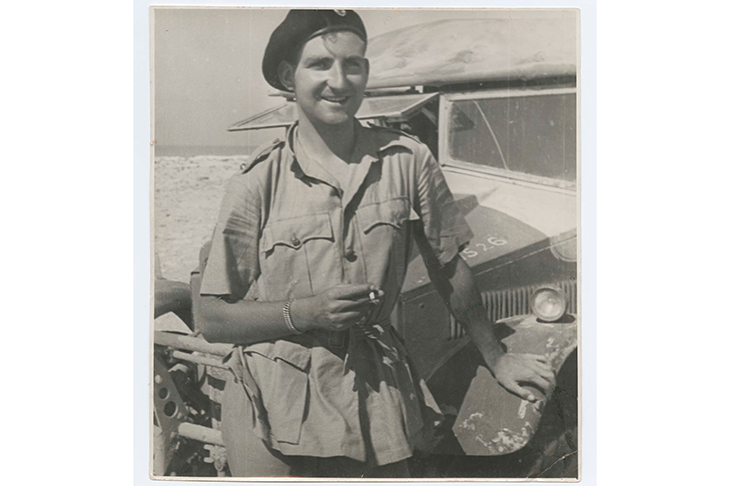Keith Douglas is perhaps the best-known overlooked poet. He died following the D-Day landings in 1944, and his Collected Poems were published in 1951, followed by a Selected Poems in 1964. ‘Now, 20 years after his death,’ wrote Ted Hughes in his slightly puffy introduction to that volume, ‘it is becoming clear that he offers more than just a few poems about the war.’

Disagree with half of it, enjoy reading all of it
TRY A MONTH FREE
Our magazine articles are for subscribers only. Try a month of Britain’s best writing, absolutely free.
Already a subscriber? Log in






Comments
Join the debate, free for a month
Be part of the conversation with other Spectator readers by getting your first month free.
UNLOCK ACCESS Try a month freeAlready a subscriber? Log in